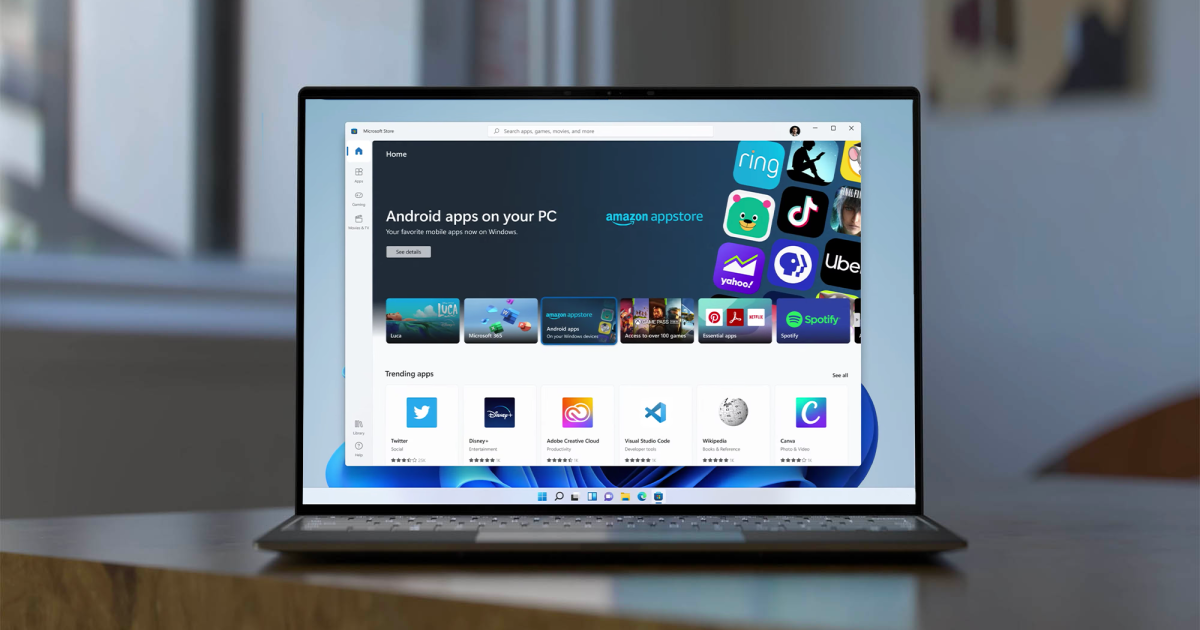Denis Sinelnikov is the CEO of Media Components, an award-winning, full-service digital marketing agency.
getty
“I’m doing everything I’m supposed to. I don’t understand why my online ads aren’t working anymore,” a client—let’s call her Mary—said to me when we sat down to look at her digital marketing strategy together. Like many entrepreneurs, Mary had been handling her own marketing when she launched her small art gallery five years ago. Now, she found herself at a plateau, unable to grow from where she was. When I told her the first step was to complete a digital marketing audit, she may have paled slightly. After all, an audit is supposed to mean something went wrong, right?
What Is A Digital Marketing Audit?
When most people hear the word “audit,” their minds immediately turn to taxes. Like a tax audit, a digital marketing audit involves a lot of digging through details—in this case, the details of a digital marketing strategy and campaign. While the scope of a digital marketing audit is big—covering SEO, analytics, audience engagement and everything in between—unlike a tax audit, it isn’t triggered by something necessarily being wrong.
The ‘Why’ Of A Digital Marketing Audit
The purpose of a digital marketing audit is to get a big-picture view of your digital marketing campaign and learn how (and if) your digital marketing strategy is meeting your business goals. Rather than a response to a problem, a digital marketing audit usually follows one of five triggers:
• Timing, such as the start of the fiscal year.
• Performance reviews, examining the overall status of a campaign or your overall strategy.
• Structural changes, such as rebranding or new business offerings.
• Strategy changes that may come in response to market changes or the above triggers.
• Relationship changes, such as Mary coming to a digital marketing expert to expand her marketing strategies.
How Do You Conduct A Digital Marketing Audit?
Conducting a digital marketing audit involves a great deal of time and patience. As with any major project, ensuring you have a solid system for assigning tasks (to yourself or partners in your audit), tracking progress and reporting to your team and client is essential.
Mary was focused on her ad performance, so she was surprised when I told her I needed access to the social media pages for her gallery. She didn’t consider herself as having a social media strategy; she just shared posts from time to time on the gallery’s Facebook and Instagram pages. When it comes to a digital marketing audit, everything the brand touches is examined, including but not limited to:
• Website.
• Online store.
• Social media platforms.
• Analytics tracking.
• SEO management.
• SEM management.
• Display advertising and other ad channels.
• Email marketing.
Mileage varies on what digital marketing aspects you’ll need to examine and what information you will find, so let’s break down these pieces:
Website
Since Mary’s primary concern was her ad performance, I wanted to know if her website had the kind of quality that search engines look for (SEO) and that keeps people from bouncing away when they find it. I examined content, format, link placement and keyword usage on the site.
Online Store
While Mary didn’t have an e-commerce platform, when working with clients who do, you’ll want to look at sales performance, searchability of the store, usability and, when possible, what products visitors start to buy and change their minds about.
Social Media
Even though Mary wasn’t (consciously) using social media as part of her marketing, I wanted to examine her social media presence to see what people responded to. I looked at her follower growth, posting frequency and posting engagement as well as the kind of content she shared.
Analytics Tracking and SEO and SEM Management
Much of what I examine for a website, store (for e-commerce clients) and social media comes from analytics and tracking tools for each platform. Use these tools to gather data about engagement, SEO rankings and ad performance over time.
Display Advertising and Other Ad Channels
Because Mary ran a small art gallery, local advertising in the newspaper and through flyers were important strategies for her starting out. While not digital, they still encompass her overall marketing strategy. Gathering hard analytics here was difficult, so we relied on correlating ads and flyers to gallery sales following.
Email Marketing
I’ve seen more and more new businesses overlook email marketing, but Mary was not one of them. She relied on email to keep local artists, gallery customers and local business partners updated on sales, showings and up-and-coming artists. I gathered email performance data from her platforms.
What We Learned From The Digital Marketing Audit
Once you have the information in hand, what do you do with it? Analyzing the data that you gather is vital to a successful audit. When I perform a digital marketing audit, I focus on gathering information to help me give a client, Mary included:
• A Quantitative Analysis of the Digital Marketing Campaign or Strategy: What is and is not working? Look at what the metrics say, where the clicks are and the key performance indicators (KPI).
• A Qualitative Analysis of the Campaign and Strategy: Look at industry best practices, content quality, user and customer experience, brand messaging and accessibility.
• Multichannel Tactics: Examine ways to build a multichannel approach to help improve digital marketing performance. For a business like Mary’s, this includes offline channels.
• A Long-Term Strategy: Digital marketing audits provide you with the information you need to build a framework for a long-term marketing strategy.
While Mary presented unique obstacles in how she engaged with social media and offline advertising, she is also a good example of how any kind of business can benefit from a thorough audit. For Mary, the audit demonstrated how we needed to build up her social media presence and how it would affect her SEO and online ads.
What will a digital marketing audit do for you or your clients?
Forbes Agency Council is an invitation-only community for executives in successful public relations, media strategy, creative and advertising agencies. Do I qualify?









